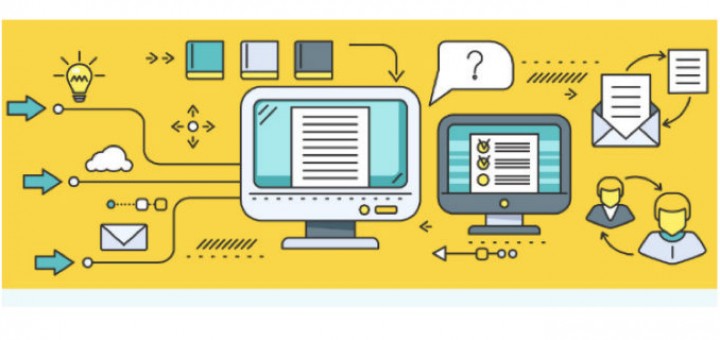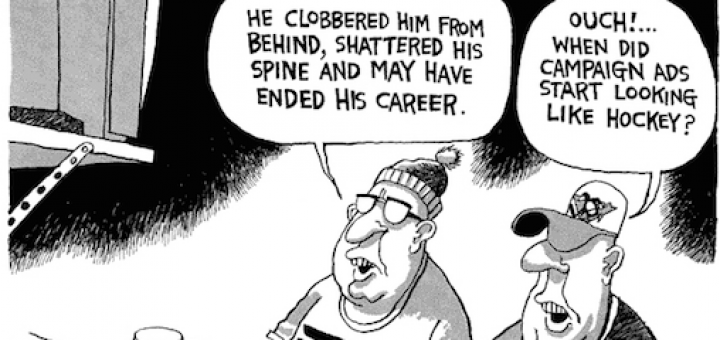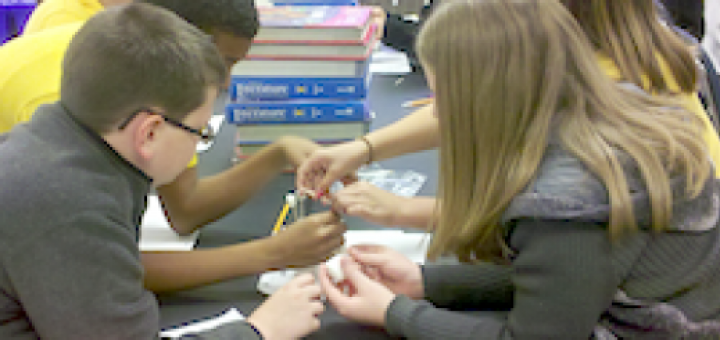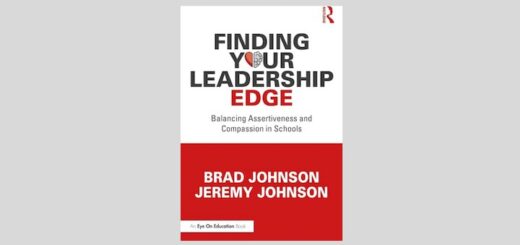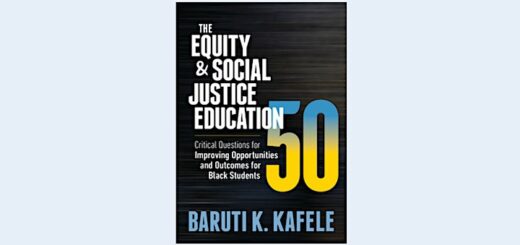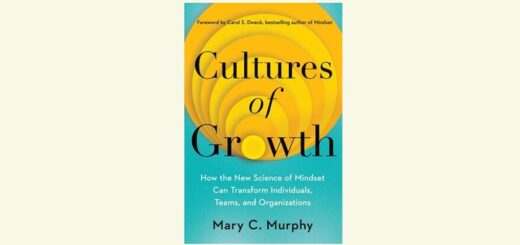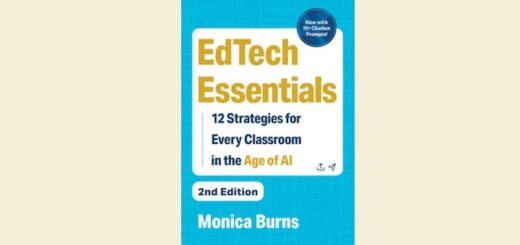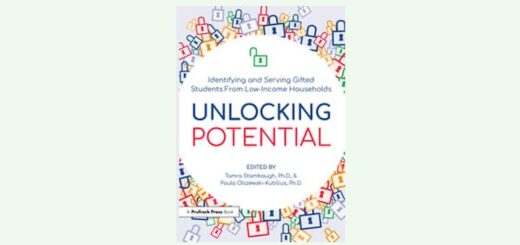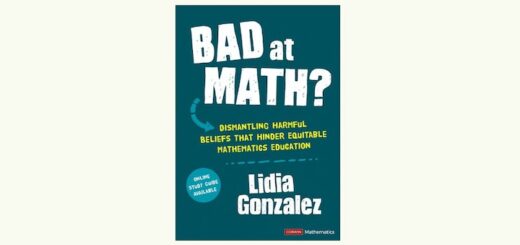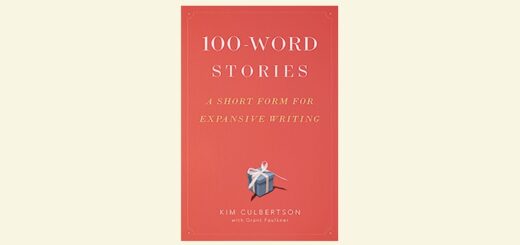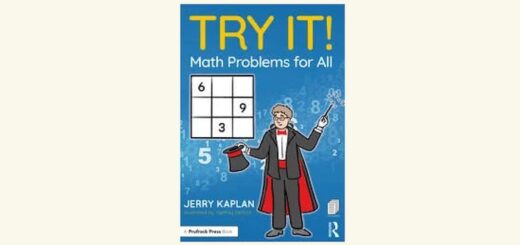Teaching and learning in grades 4-8
Being a school leader is incredibly demanding, requiring principals to stay current on education trends while managing day to day operations. Williamson and Blackburn share five actionable trends they’ve observed in their work with middle grades leaders.
Teaching students to write effective arguments supported by reliable evidence is one of the notable “stretch goals” of the common core. Expert Sarah Tantillo has added a critical new step to her own strategy in an effort to help more students reach the goal.
The winter doldrums that threaten many classrooms can be blown away with fresh teaching ideas, humor, movement and more. Middle level educator Cheryl Mizerny shares suggestions for enlivening the weeks that fill the calendar between the holidays and spring break.
As the 2016 Presidential Campaign heats up, media literacy expert Frank W. Baker brings the political races to the classroom with standards-based activities to help students understand the persuasive power of plentiful and often misleading political ads.
The professional wisdom of teacher educator and consultant Barbara Blackburn shines through in “Motivating Struggling Learners,” writes 7th grade math teacher and coach Karen Bloom. Blackburn’s clear advice and multiple resources make the book “fantastic.”
The unique design of STEM lessons allows students, regardless of ability, access to real-life learning experiences. Giving students with special needs authentic STEM experiences can help them get ready for a future where all types of people live, work and solve together.
Katie Egan Cunningham stresses the importance of caring for our students’ stories even as we explore fiction and story-making with them. Reviewer Mary Langer Thompson highly recommends the book for its practical focus mixed with a philosophy beautifully expressed.
Jeff Benson’s 10 Steps to Manage Change in Schools offers an efficient blueprint for leadership teams, forcing participants to think critically about the rationale for change and its likely impacts. Sustainable improvement will justify the time commitment.
Sarah Cooper’s 8th graders recently attempted to create a “consensus document” on U.S. gun laws. She describes the research and discussion process, then shares what she and the students learned about consensus building when issues are highly controversial.
Setting goals with students is necessary but not sufficient, writes co-teaching coach Elizabeth Stein. Co-teachers must then focus their attention on helping students develop actionable steps to achieve the goal, with teacher guidance all along the way.

